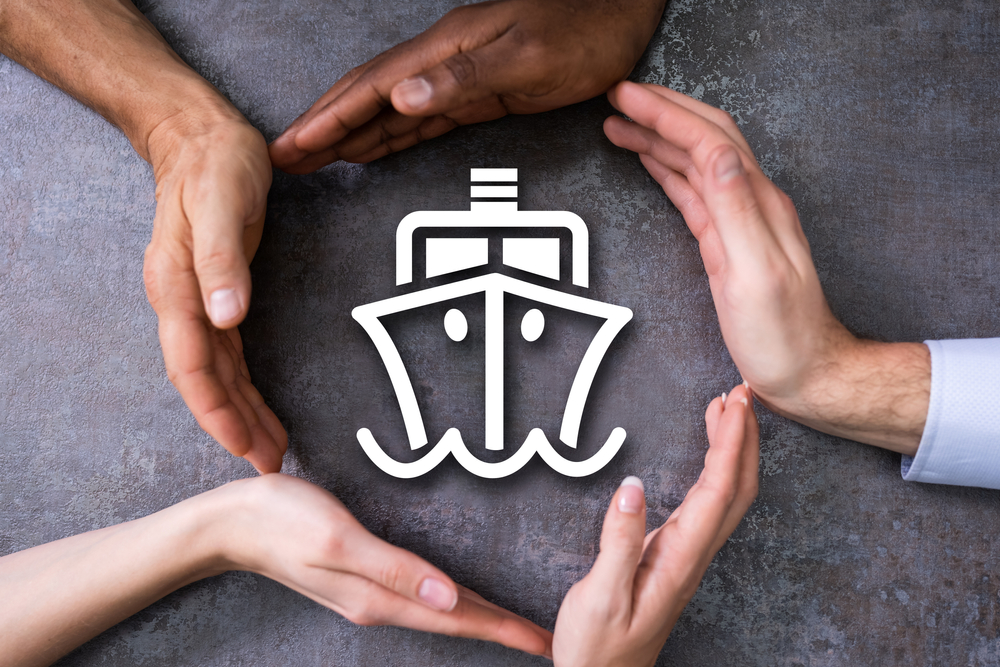
You’re required to have insurance to cover your home and car from damage and liability, but not your boat. So does that mean you shouldn’t purchase boat insurance? Over the course of these five essential reasons why boat insurance is still worth getting, we’ll reveal the importance of financially protecting yourself and your aquatic assets.
Why Get Boat Insurance?
Boat insurance may not be required by law but it’s an absolute necessity. An accident could not only destroy your boat, but it might also cause bodily injury and damage to other property. Without insurance, you would be on the hook to pay for all the repairs, medical bills, funeral expenses, lawyer fees, and any other costs associated with the incident. Considering the average boat insurance claim is in the five-figure range, it quite literally pays to have insurance to protect you and your investment.
Let’s look a little closer at some of the main reasons why you need boat insurance in Canada.
To Protect Your Investment
A boat is an expensive vehicle, often costlier than the average car on the road today. Similar to your car and home, your vessel is an investment that is worth protecting. And the only way to protect your boat and the people who ride inside it is through insurance.
Similar to how car and home insurance will cover any damages that occur to your vehicle and property, boat insurance will provide damage coverage for the loss of your vessel and equipment. Property coverage is designed to kick in for the boat on land and water, not to mention reimbursement for theft or vandalism.
When choosing a policy, you’ll need to decide between actual cash value or agreed value coverage if the boat is stolen or destroyed in an accident. The agreed value coverage will come with a higher premium because it does not factor in the depreciation of the boat over time. With this type of coverage, you will be reimbursed for the amount of money it would take to replace your vessel with a similar model, or to restore it to the same condition it was in before the accident. With the actual cash value of your boat, depreciation is factored in, and the insurance company will determine the current value and pay you based on that amount.
You should also look at the coverage and how it pertains to the boat while it’s being trailered. If yours is damaged when being transported, you will need to understand what the insurance will cover versus your auto insurance, and whether all damage costs can be reimbursed.
Other things to consider include the personal items you had on your boat. If it is severely damaged and needs to be towed, is the cost included and will the insurance provide you with a rental boat until it’s repaired? Or, if the vessel sinks or leaks fuel, will the policy cover for wreck removal and/or environmental liability?
To Protect Other Property
Most boating accidents involve another boat or property. In the event that yours damages someone else’s property, such as their vessel or dock, the liability coverage in the insurance policy would pay for those damages. That said, you’ll also want a guarantee that it will cover those damages if your boat is out of water and in transport.
To Protect Your Financial Health
Liability coverage will also pay for any bodily injury that results from an accident. This includes any swimmers, water skiers, or other boaters. In addition, it will compensate for any legal fees you incur if you are sued.
You’ll need to consider exactly how much liability coverage you will need. The policy will come with a standard liability insurance amount, but we recommend having at least $1,000,000 in liability coverage. For those with more expensive vessels that have bigger engines and can carry more people, you might want to consider purchasing up to $2,000,000 in liability insurance to financially protect you and all your passengers.
If you are docking your boat at a marina or you are leasing or financing a vessel, you may be required to have a certain amount of liability insurance as part of your agreement. Be sure to read the fine print before you settle on a policy to ensure you have all the coverage you need.
To Pay for Medical Expenses
Medical payments coverage can pertain to a range of medical services, medications, and treatment plans. It’s always important to look at the fine print to determine exactly what is taken care of by the policy and up to what amount. Not all insurance companies provide the same amount of medical payments coverage; some will offer better options than others.
To Cover You if the Person at Fault is Uninsured
Not everyone on the water has boat insurance, which can put you at risk. If you do not have any and are hit by another boater who also does not have insurance, you would only be eligible for compensation if you were to sue that person. And without insurance, you could only sue them for what they are worth. The rest of your medical bills, damages, and otherwise would have to come out of your own pocket including expensive legal fees.
Our recommendation is to double-check that your policy includes uninsured boater coverage. This will ensure that, if you are involved in an accident and the other person is uninsured, you will be eligible to receive the maximum amount as stated within it.
So, why get boat insurance in the first place? Because it’s the only way to protect your investment and finances, all while giving you peace of mind that your passengers and others in the water are also looked after financially. Let us help you get the ideal coverage for your boating needs at the lowest rates available. Contact us today at Portside Insurance for further details or assistance.





